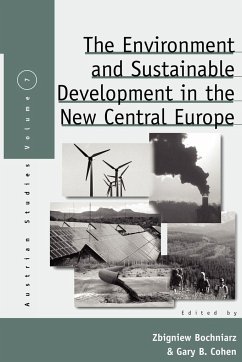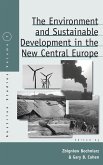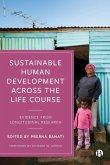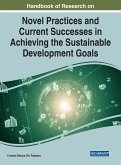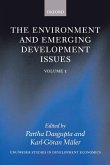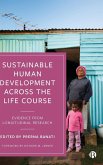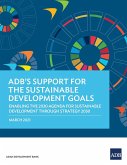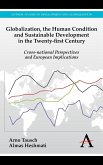With the enlargement of the European Union, the accession countries are coming under pressure to develop and meet EU standards for environmental protection and sustainable development. In this ongoing process, global economic liberalization, regulatory policy, conservation, and lifestyle issues are all involved, and creative solutions will have to be found. Historians, geographers, economists, ecologists, business management experts, public policy specialists, and community organizers have come together in this volume and examine, for the first time, environmental issues ranging from national and regional policy and macroeconomics to local studies in community regeneration. The evidence suggests that, far from being mere passive recipients of instruction and assistance from outside, the people of Central and East Central Europe have been engaged actively in working out solutions to these problems. Several promising cases illustrate opportunities to overcome crisis situations and offer examples of good practices, while others pose warnings. The experiences of these countries in wrestling with issues of sustainability continue to be of importance to policy development within the EU and may serve also as examples for both developed and developing countries worldwide. Zbigniew Bochniarz, is affiliated to the Evans School of Public Affairs at the University of Washington in Seattle. He spent over twenty years at the University of Minnesota?s Humphrey Institute where he founded a Center for Nations in Transition. The Center became an international leader in delivering foreign assistance for Central and Eastern Europe. His work focuses on economic, environmental, and social aspects of sustainability of transforming economies. He is the author, co-author and/or editor of over 100 publications. Gary B. Cohen, has been director of the Center for Austrian Studies and professor of history at the University of Minnesota, Twin Cities, since 2001. He teaches and publishes on modern Central European social and political history. He is the author of numerous articles and essays as well as two books, The Politics of Ethnic Survival: Germans in Prague, 1861-1914 (first edition, Princeton Univ. Press,1981; rev. 2nd ed., Purdue Univ. Press, 2005) and Education and Middle-Class Society in Imperial Austria, 1848-1918 (Purdue Univ. Press, 1996).

